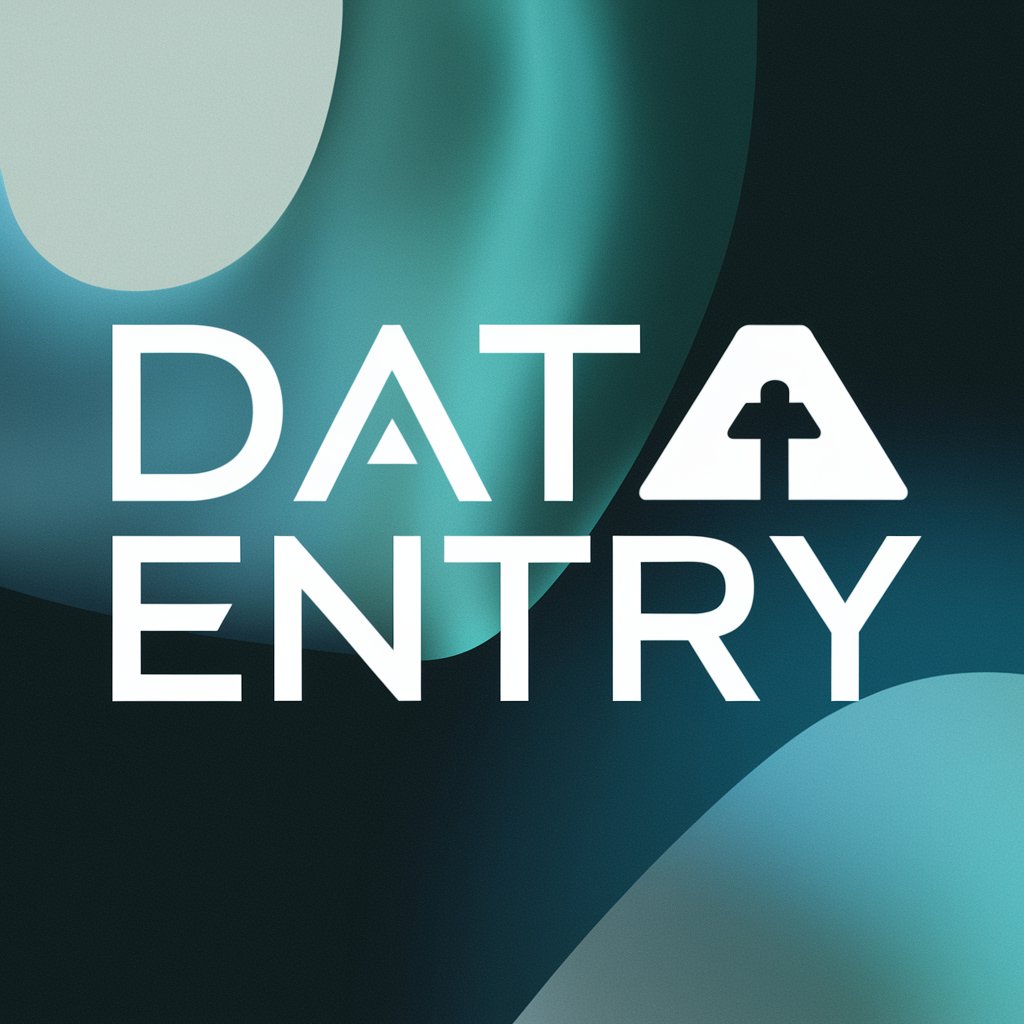Data Entry: From Manual Processes to Digital Solutions
A world overflowing with information, the ability to effectively capture and organize data has never been more vital. Data entry Lead Generation serves as the backbone of how businesses operate, decisions are made, and insights are gleaned. From small startups to multinational corporations, every entity relies on this fundamental process to ensure that they make sense of the mountains of data they collect daily.
But what exactly is data entry? It’s more than just typing away at a keyboard; it’s an essential practice that enables organizations to harness their information for maximum efficiency and impact. As we dive into the essence of data entry, we’ll explore its significance in today’s fast-paced environment, uncover various types and tools used in this field, and In discuss how technology continues to reshape these processes. Buckle up—it’s time to discover why capturing and organizing information matters now more than ever
What is Data Entry/ Lead Generation?
It is the process of inputting, updating, and managing information in various formats. It involves recording data from different sources into a digital system, ensuring accuracy and consistency.
This task can encompass anything from entering customer details into a database to transcribing handwritten documents. The goal is simple: transform raw data into structured information that can be easily accessed and analyzed.
While it may seem straightforward, effective data entry lead generation requires attention to detail and proficiency with technology. Mistakes can lead to significant consequences down the line.
In today’s digital age, it has evolved beyond mere manual tasks. It often includes using specialized software designed for efficiency and accuracy while integrating seamlessly with other business systems.
Importance of Data Entry in Today’s World
Data entry is the backbone of modern information management. It transforms raw data into structured formats, allowing businesses to make informed decisions.
In today’s digital landscape, accurate data is crucial. Companies rely on precise input for analytics, customer insights, and strategic planning. Every piece of information counts in driving growth and efficiency.
Moreover, with the rise of big data, the need for skilled data entry professionals has surged. They ensure that vast amounts of information are captured accurately and efficiently.
Organizations also face compliance requirements that demand meticulous record-keeping. Lead Generation plays a key role in maintaining these standards while supporting operational integrity.
Effective data entry contributes not just to individual organizations but shapes entire industries by enabling smarter decision-making processes across various sectors.
Types of Data Entry
Data entry/lead generation comes in various forms, each tailored to meet specific needs.
Manual type is one of the most common types. It involves entering information by hand into systems or databases. This method can be time-consuming but allows for meticulous attention to detail.
Automated lead generation is another approach gaining traction. Software tools can extract and input data from multiple sources, significantly speeding up the process while minimizing human error.
Voice recognition technology has also made waves in this field. By converting spoken words into text, it offers an efficient alternative that enhances accessibility and speed.
Online data entry encompasses cloud-based systems where teams collaborate on projects from different locations. This flexibility boosts productivity and encourages real-time updates across platforms.
Each type serves a purpose, ensuring businesses maintain accurate records while adapting to diverse workflows.
Tools and Techniques for Efficient Data Entry
Efficient data entry relies on the right tools and techniques to enhance productivity. Software like Microsoft Excel or Google Sheets is indispensable for many tasks. These platforms allow users to quickly input, manipulate, and analyze large volumes of information.
Automation can be a game changer too. Utilizing macros or scripts can streamline repetitive tasks, saving time and reducing errors. For businesses dealing with vast datasets, Optical Character Recognition (OCR) technology converts printed documents into editable formats.
Keyboard shortcuts are another invaluable technique. Learning these shortcuts boosts speed while minimizing distractions from mouse clicks. Using templates can also provide structure and consistency in data entry processes.
Focus on ergonomics by using comfortable keyboards and proper chair positioning to reduce fatigue during long sessions. Adopting these tools and techniques transforms data entry from a tedious chore into an efficient workflow experience.
Data Organization: Why it Matters
Data organization is the backbone of effective information management. When data is systematically arranged, it becomes easier to access and analyze. This efficiency can save time and reduce frustration.
Properly organized data enhances decision-making capabilities. Businesses can quickly identify trends, track performance metrics, and respond to market changes effectively. Without this structure, valuable insights may remain hidden in a sea of disorganized information.
Moreover, well-organized data promotes collaboration among teams. Everyone has access to the same structured resources, minimizing confusion and miscommunication. It fosters transparency within an organization.
In addition, compliance with regulations often hinges on proper data organization. Companies that maintain orderly records are better equipped to meet audits or legal requirements without unnecessary stress or penalties.
Investing time in organizing data pays off significantly across various aspects of business operations.
The Role of Technology in Streamlining Data Entry and Organization
Technology has revolutionized the way data entry is conducted. Automated systems drastically reduce manual input time, allowing businesses to focus on core activities.
Software like Optical Character Recognition (OCR) scans documents and converts them into editable text. This minimizes human error and speeds up the process.
Cloud-based platforms also play a crucial role. They enable real-time collaboration among teams located anywhere in the world, ensuring seamless access to critical data.
Furthermore, advanced algorithms can assist in categorizing information efficiently. Data becomes more organized when it’s sorted based on specified criteria or patterns.
With artificial intelligence learning from past entries, future inputs become faster and more accurate over time. The integration of these technologies makes it easier for organizations to maintain order amidst growing volumes of information.
The landscape of data entry continues to evolve rapidly, making technology an essential partner in achieving higher efficiency levels.
Conclusion
Data entry is a vital component of modern information management. As businesses and individuals alike generate more data than ever, the need for accurate and efficient data entry continues to rise. By understanding its significance, exploring various types, and utilizing effective tools and techniques, organizations can enhance their operations.
The organization of this information plays a crucial role in decision-making processes. Properly structured data allows for better insights and streamlined workflows. Embracing technology not only aids in simplifying these tasks but also ensures that errors are minimized.
Challenges in data entry can disrupt productivity if left unaddress. However, with the right strategies and training, anyone can overcome these obstacles.
As we navigate through an increasingly data-driven world, recognizing the essence of data entry becomes essential for success across all sectors.







Leave A Comment